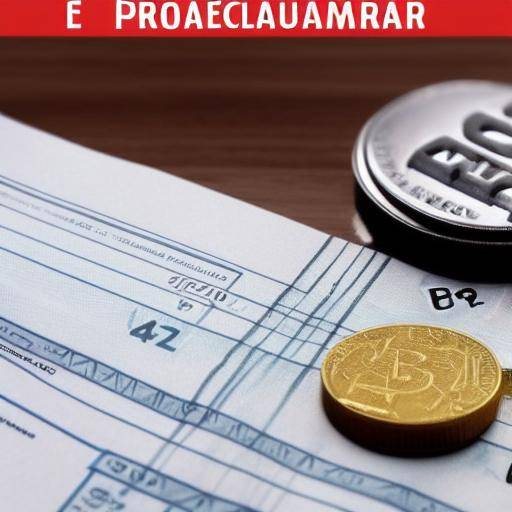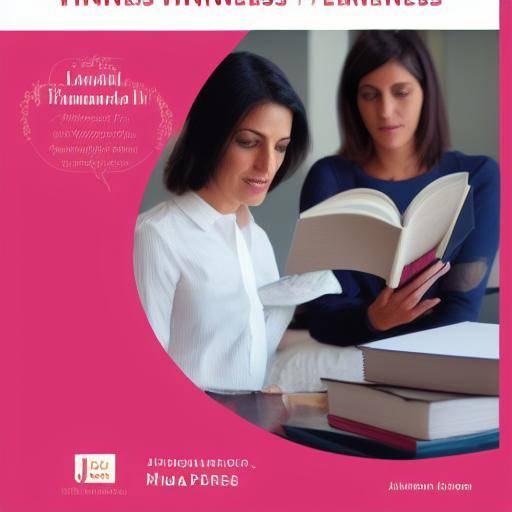
Financial education plays a crucial role in modern society, as it trains us to more effectively manage our money and make more informed decisions. In this article, we will explore how we can employ financial education to improve price comparison, recognizing the importance of knowledge, control and prevention in this process.
Knowledge: The Basic Base for Effective Price Comparison
Knowledge is the cornerstone of a successful price comparison. By being well informed about financial matters, we can identify savings opportunities, understand the terms and conditions of products and services, as well as evaluate the actual value of offers.
By understanding concepts such as interest rate, inflation and investment rates, consumers can further analyse available alternatives in the market. In addition, financial education gives us the ability to recognize marketing strategies that could influence our purchasing decisions, providing a broader perspective for making more successful financial decisions.
Control: Applying Knowledge in Price Comparison
Once the necessary financial knowledge is acquired, the next step is to apply it to exercise control over our purchasing decisions. Control implies the ability to effectively use acquired financial information, compare prices and evaluate options with criteria.
By exercising control over our economy, we are able to optimize our expenses, avoid unnecessary debts and make more conscious decisions on how and on what we spend our money. This allows us to evaluate not only the price of the products, but also their quality, long-term benefits and alignment with our financial goals.
Prevention: Avoiding Disabling Errors and Surprises
The last key aspect in price comparison is prevention. Once knowledge has been acquired and control is being applied, prevention helps us avoid falling into financial traps, identify potential risks and protect us from impulsive or uninformed decisions.
Financial education provides us with tools to prevent unfavourable situations, such as hiring services with hidden fees, falling into aggressive selling schemes or choosing undesirable financial products. By being prevented, we reduce the risk of making financial decisions that may adversely affect our economic stability.
Incorporating Financial Education in Price Comparison
Financial education empowers us to be more conscious and demanding consumers. By understanding the basic principles of the economy and the impact of our financial decisions, we can significantly improve our ability to effectively compare prices.
By applying knowledge, control and prevention, we can make informed decisions, optimize our resources and avoid falling into financial traps. Financial education is a powerful tool that allows us to continually improve in price comparison, benefiting our financial health in the short and long term.
Conclusion
In short, financial education is an invaluable tool to improve price comparison. By understanding how to use knowledge, control and prevention in this process, we can make financial decisions more conscious and aligned with our goals. By investing in our financial education, we improve our ability to efficiently manage our resources, optimize our expenses and protect ourselves from financial risks.






















































